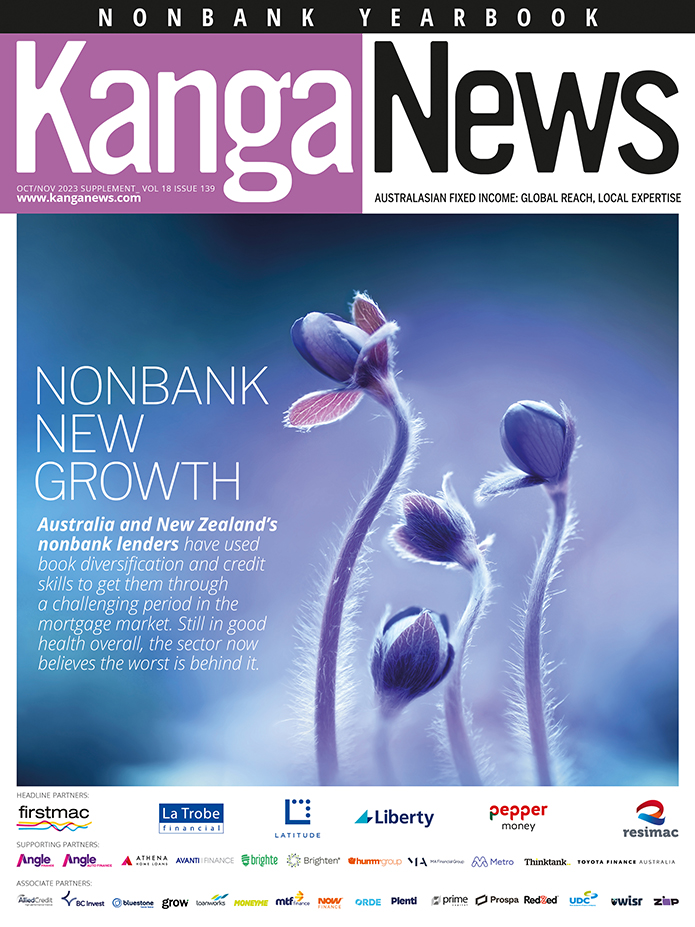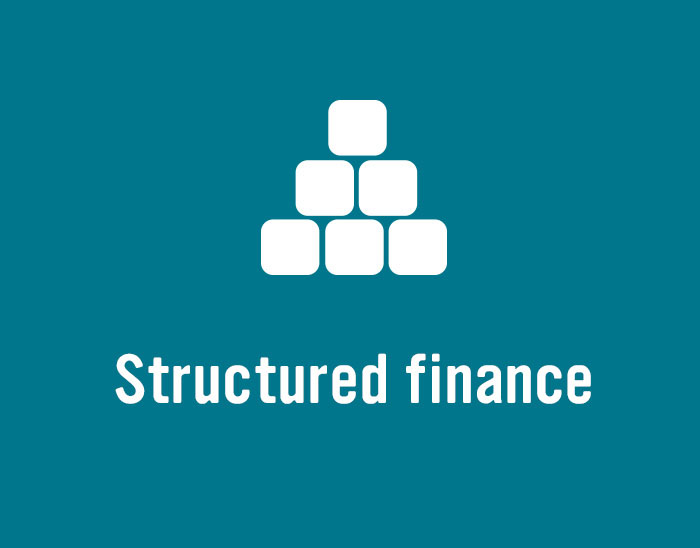
Thinktank grows and adapts
Thinktank specialises in commercial and residential lending to the self-employed and SME sector. The company’s Sydney-based treasurer, Ernest Biasi, and chief financial officer, Cullen Hughes, discuss the sector’s performance through a rollercoaster set of economic conditions and the lender’s funding outlook.
Thinktank was in the market in August for a new residential mortgage-backed securities (RMBS) deal. How did this experience compare with historical execution?
BIASI Thinktank priced its second RMBS for the year on 26 August 2022, upsizing the transaction to A$500 million (US$339.3 million) from A$400 million. We decided quite early on in the process to limit the maximum deal size to A$500 million and to shorten the call option date to three years – from four – given elevated pricing and difficult market conditions.
We engaged with investors early and worked closely with a small group in the lower-rated notes, ultimately deciding to pre-place these notes to manage execution risk.
Market conditions and sentiment improved as the deal came to market. Not surprisingly, the book built quickly and we were able to accelerate timing: launch, upsize and pricing happened three days after initial pricing guidance.
Is Thinktank contemplating further funding diversity?
BIASI Thinktank has issued A$2.25 billion since August last year – A$750 million of CMBS [commercial mortgage-backed securities] and A$1.5 billion of RMBS – during a period of varying market conditions. Thinktank remains committed to issuing through the cycle, having established diverse funding support across our warehouse and term programmes.
Over the past 12 months, we have secured more than A$1 billion of additional warehouse capacity coinciding with the expansion of our residential loan portfolio. We are also open to exploring alternative funding arrangements, including private placements, should the need arise. The additional warehouse capacity and our ability to access term markets has enabled Thinktank to continue to deliver innovative lending solutions to our self-employed, SME and SMSF [self-managed superannuation fund] customers.
How has the Thinktank residential book progressed through the hiking cycle so far?
HUGHES Thinktank’s arrears are at a low level currently, which places the portfolio in a good position for anticipated rises in the coming months driven by higher rates. COVID-19 demonstrated that the SME and self-employed sectors are resilient and adaptable in changing circumstances. The self-employed are able to influence income and expenses, and to pivot their focus in the face of change.
This extends to a rising rate and inflation environment, where many self-employed people have so far been able to pass on some or all price increases to customers. Naturally, with rising rates there is an expectation of rising arrears. However, at this stage the impact has been within expectations – relatively small – and assisted by the strength of the employment market.
Data suggest the return to offices is progressing at a mixed pace. Has there been any impact on Thinktank’s asset book or originations?
HUGHES The Thinktank commercial portfolio is focused on Sydney, Melbourne and Brisbane. Thinktank’s largest commercial property type is industrial, which has performed well in recent years and benefited from the move to more business online as storage and logistics has been playing a larger role in the economy. We don’t expect this to shift back to pre-pandemic levels.
The portfolio has some exposure to suburban retail in the general sense, for instance properties beyond shops and cafés – such as those occupied by physios, real estate agents and the like – as well as small strata offices outside the main CBDs. These properties performed better in the pandemic than initially expected and have benefited from the work from home trend.
We don’t expect a big impact on these properties as people return to the office, as it seems an element of flexibility and working from home will be with the economy for some time to come.
After debuting with a CMBS and issuing its first six public securitisation transactions in this format, three of Thinktank’s last four deals have been RMBS. Does this reflect a change in focus or growth drivers at the business?
BIASI Thinktank launched its dedicated residential loan product suite in 2018. The strategy was to complement our successful commercial loan products with a residential offering to cater to our target audience – the self-employed and SME market.
Today, our residential loan portfolio has surpassed our commercial portfolio: it represents roughly 60 per cent of total assets under management and 70-75 per cent of monthly loan settlements. As a result of the change in our portfolio mix, our funding programme has naturally followed suit. Going forward, Thinktank expects to issue two RMBS transactions and one CMBS transaction each calendar year, market conditions permitting.

nonbank Yearbook 2023
KangaNews's eighth annual guide to the business and funding trends in Australia's nonbank financial-institution sector.







